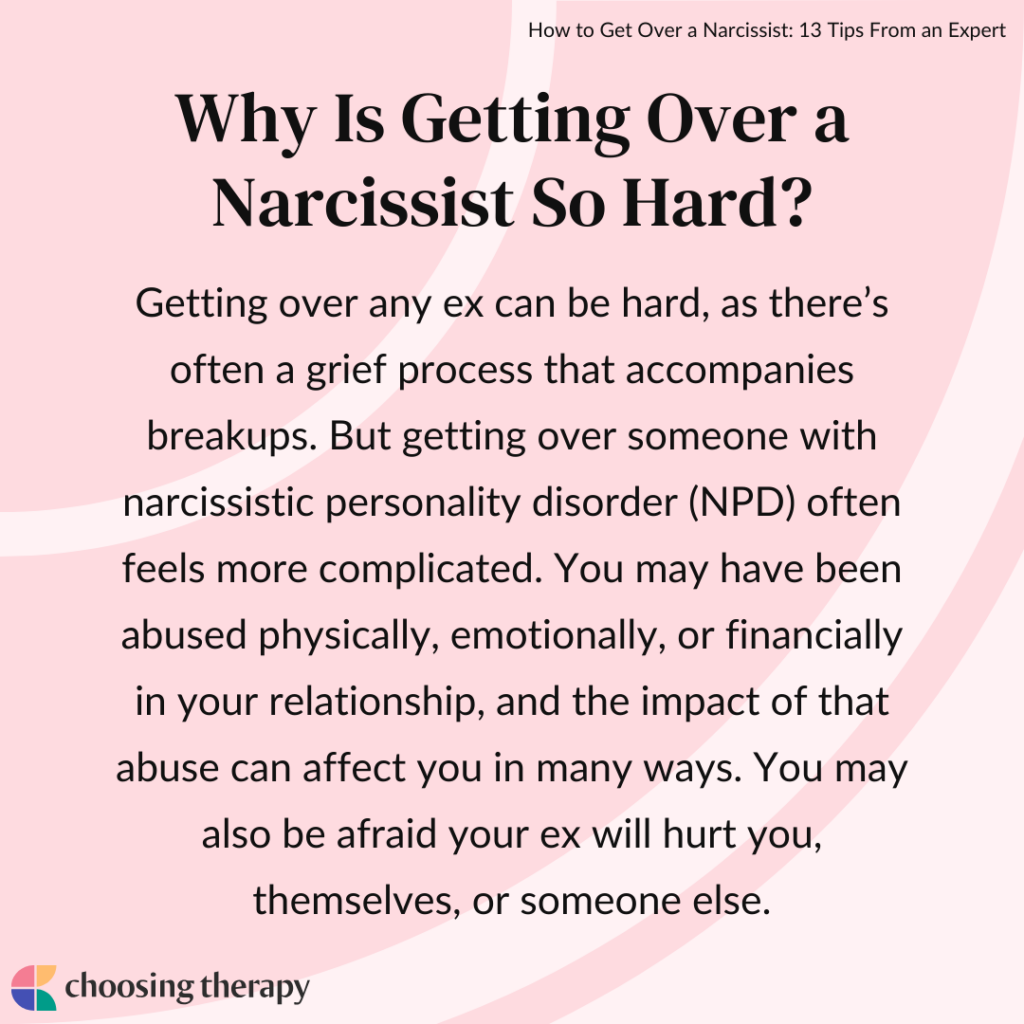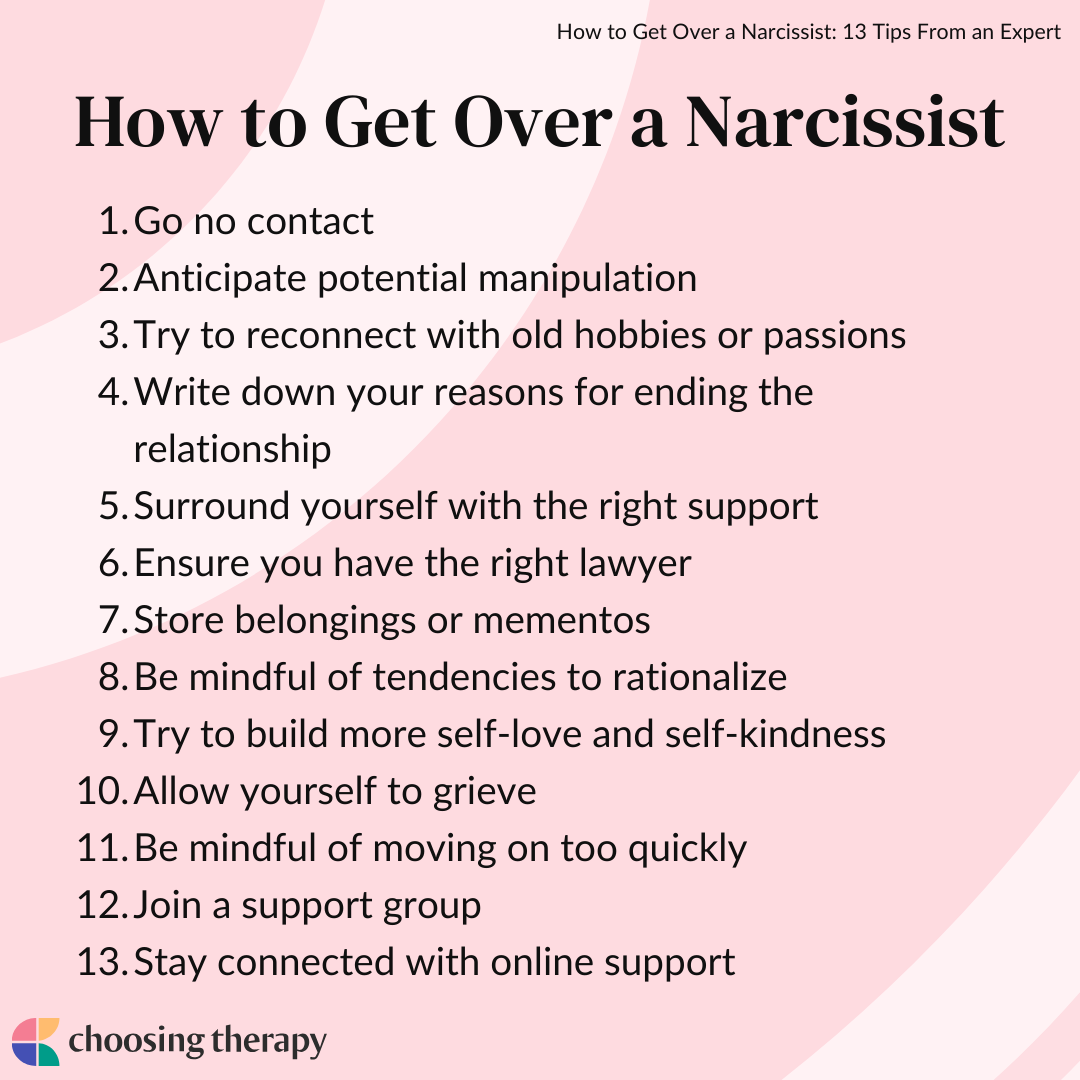How To Gain Control Over A Narcissist

Navigating relationships with individuals exhibiting narcissistic traits can feel like walking through a minefield. The manipulative tactics and emotional volatility often leave partners, family members, and colleagues feeling powerless and drained.
Is genuine control even possible, or is the focus better placed on self-preservation and strategic disengagement?
Understanding the Landscape
The term narcissism, often used loosely, stems from Narcissistic Personality Disorder (NPD), a diagnosed condition characterized by an inflated sense of self-importance, a need for excessive admiration, and a lack of empathy, according to the Diagnostic and Statistical Manual of Mental Disorders (DSM-5). However, not everyone exhibiting narcissistic traits meets the criteria for NPD.
Regardless of diagnosis, dealing with these behaviors requires a specific and carefully considered approach. The goal isn’t necessarily to "control" the individual, but rather to manage the interaction and protect one’s own well-being.
Setting and Enforcing Boundaries
Establishing clear boundaries is paramount. This involves identifying what behaviors are unacceptable and communicating the consequences of crossing those lines.
Consistency is key; wavering boundaries will be exploited. According to a study published in the Journal of Personality Disorders, individuals with narcissistic traits are more likely to test boundaries and react negatively to perceived limitations.
The Gray Rock Method
The Gray Rock Method involves becoming as uninteresting and unresponsive as possible. This tactic aims to deprive the narcissist of the attention and emotional reaction they crave, ultimately making them less likely to engage with you.
This does not mean being rude or dismissive, but rather offering bland, neutral responses. The strategy focuses on emotional detachment and minimal engagement.
Communication Strategies
When communication is unavoidable, employ techniques that minimize conflict. Focus on facts and avoid emotional language. According to Dr. Ramani Durvasula, a licensed clinical psychologist specializing in narcissism, "sticking to objective truths prevents them from twisting your words or diverting the conversation."
Use "I" statements to express your needs without placing blame. For example, instead of saying "You always interrupt me," try "I feel unheard when I'm interrupted."
Documenting Interactions
In situations involving legal or professional repercussions, meticulous documentation is crucial. Keep records of conversations, emails, and any incidents involving manipulative or abusive behavior.
This documentation can serve as evidence if needed, protecting you from false accusations or misrepresentations. Legal experts often advise individuals in high-conflict situations to maintain a detailed log of interactions.
Seeking Professional Support
Navigating relationships with narcissistic individuals can be emotionally taxing. Therapists specializing in narcissistic abuse can provide guidance and support. They can help individuals process their experiences, develop coping mechanisms, and establish healthier relationship patterns.
Support groups can also offer a sense of community and validation. Sharing experiences with others who understand the dynamics of narcissistic relationships can be incredibly empowering. The Mayo Clinic emphasizes the importance of seeking professional help for both the individual interacting with a narcissist and, if possible, the individual exhibiting narcissistic traits.
Limitations and Ethical Considerations
It's important to acknowledge the limitations of attempting to "control" another person. The focus should always be on self-protection and boundary maintenance, rather than manipulating the other person's behavior.
Ethical considerations are paramount. The strategies discussed should never be used to exploit or harm the individual exhibiting narcissistic traits.
Moving Forward
Ultimately, "gaining control" in these situations is about reclaiming your own power and well-being. It's about setting boundaries, managing interactions strategically, and prioritizing your emotional health. This may sometimes require detaching from the relationship entirely, especially if the behavior is consistently harmful. The journey may be difficult but focusing on self-care and empowerment is essential.


















